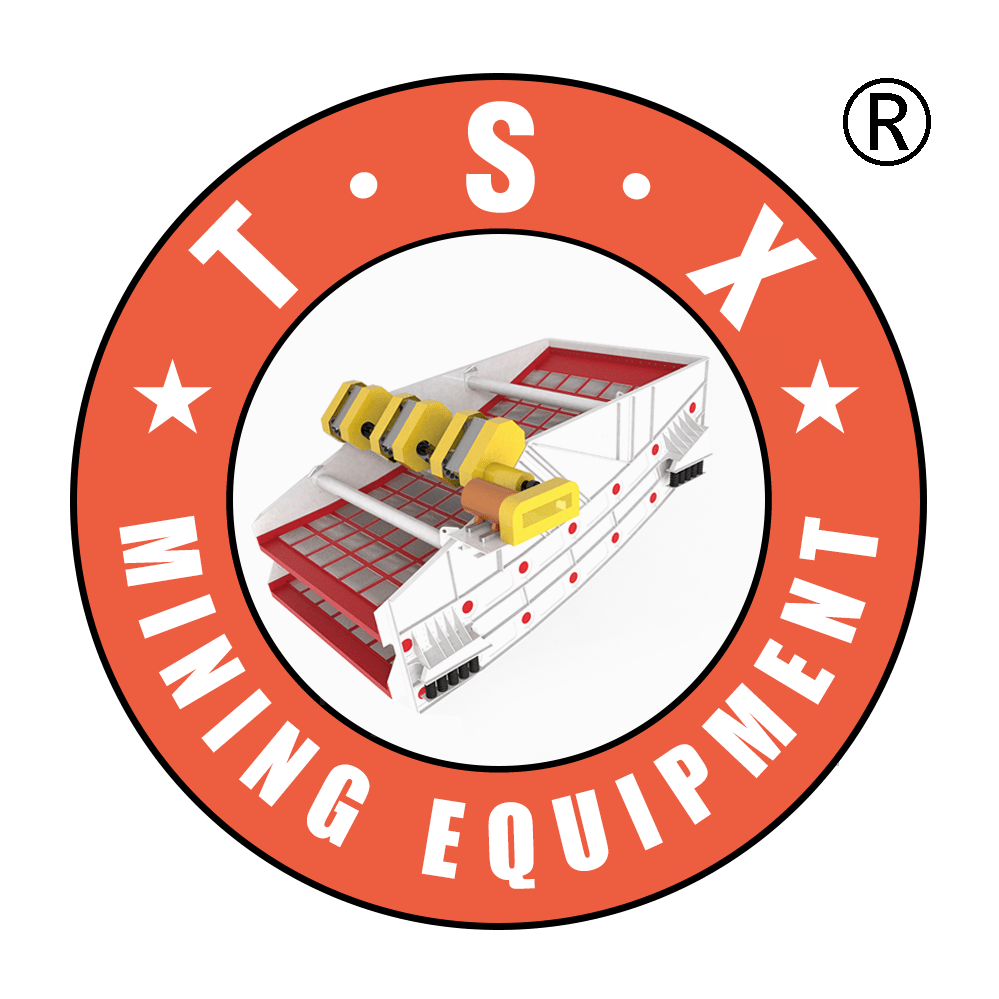Modal parameters are widely used in many practical engineering fields such as fault diagnosis, structural modification and optimization design, vibration and noise control of mechanical systems. They are indispensable and effective tools for dynamic design and modification of mechanical structures in modern engineering design methods.
In the modal experiment of vibrating screen, it is difficult to simulate the free free boundary conditions by using the suspension method because of the large volume and weight of the experimental object. Therefore, we use the method of rocket pad support to simulate the free free boundary conditions. The key to choose the excitation mode is whether the excitation system can provide enough energy to excite all the modes in the frequency band of interest.
It depends on many factors, including the complexity of the experimental object, the sensitivity of the signal to the structural system error and variance of the experimental object, the linearity or non–linearity of the structural system of the experimental object, the controllability of the excitation signal, and the required measurement accuracy. Combined with the situation of the experimental object, the force hammer excitation is adopted.
The acceleration sensor shall be installed with beeswax. According to the requirements of the test direction, it shall be pasted on the measuring point with beeswax and reinforced with adhesive tape. At the same time, the signal cable shall be fixed on the vibrating screen section by section with adhesive tape to prevent noise caused by its relative movement. Due to the limited number of channels in the front end of data acquisition, during the experiment, adjust the sensor direction to obtain the vibration signals of each measuring point in all directions.
Through the experimental modal analysis of the vibrating screen, we can find that the modal frequency of the vibrating screen is mainly concentrated in the low frequency, the modal order of each direction is different, but the error at the same modal frequency is small. It is difficult to avoid resonance in the actual use process, which is very unfavorable to the normal work of the vibrating screen and is easy to cause structural damage.
This is also the reason why nearly 90% of the failures of the vibrating screen occurred in the same part of the structure after it was put into use. Therefore, the structure should be modified to strengthen its stiffness design or take measures to prevent stress concentration during resonance to avoid fracture failure.
TSX vibrating screen is characterized by low noise, strong power, low energy consumption, long service life and maintenance free. The screen body of TSX vibrating screen is hydraulically pulled with HUCK bolts, and the side plates are welded seamlessly to reduce the problems that may occur with other vibrating screens, such as cracking at the joints. TSX vibration exciter has high strength. It uses SKF special bolts to ensure smooth operation and long service life.







